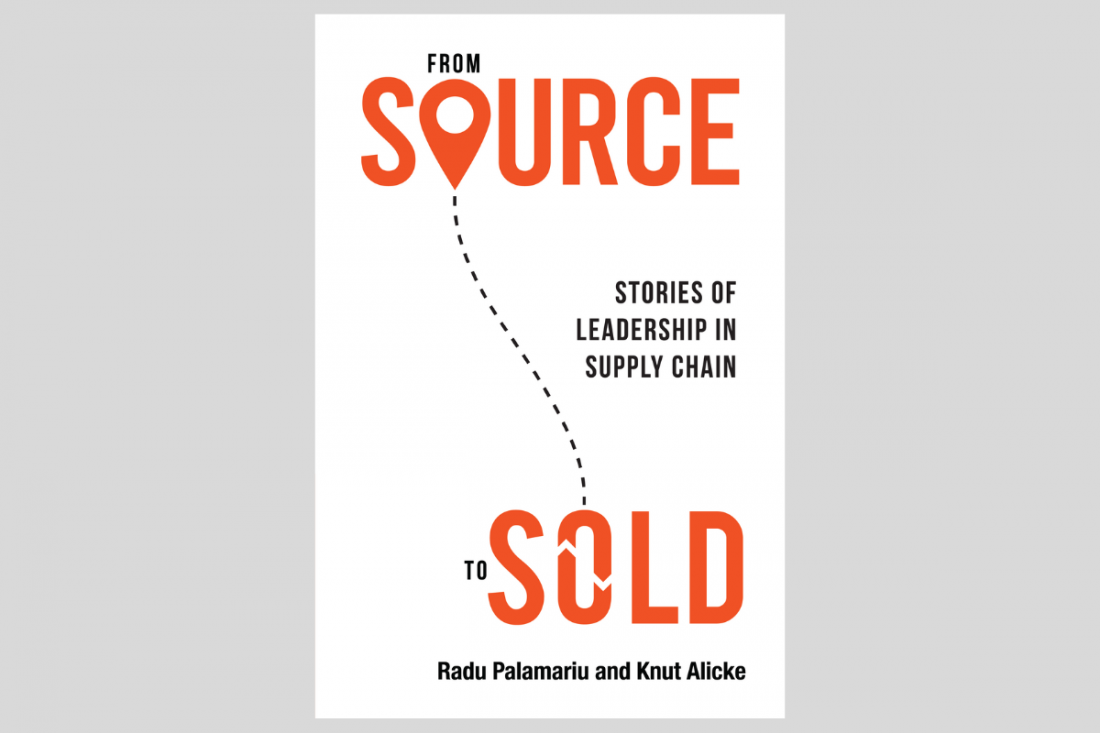Supply chain might be the introvert at the business table, not used to being the center of attention. Pitching might not be its strongest suit, but the insights from executing on the customer promise create a competitive edge in today’s world.
Taking a seat at the business table was a fair invitation when its important role came into the spotlight through the series of disruptions global businesses experienced during the COVID-19 pandemic. Before 2020, the supply chain was relatively unknown to many outside the industry, but with empty supermarket shelves, shortages of powder milk and months-long delays in having favorite tech gadgets delivered, the supply chain became part of common conversations.
The boardroom seat assigned to the supply chain should continue to be there.
Besides overcoming the business forecast uncertainties due to shortages and bottlenecks at the ports, the spike in shipping rates had created unprecedented costs to global business, and therefore the business strategies needed to carefully take the supply chain into account.
The pandemic is over. Does this mean that the supply chain will return to being a back-end function? The urgency is not the same as during the peak of the pandemic, but the external disruptions have not ended as global supply chains are still challenged by geo-political complexities and other disruptions.
The boardroom seat assigned to the supply chain should continue to be there, as shortages, disruptions and cost increases are not the only conditions that would set the stage for it to contribute value to successful business strategies.
The supply chain is the heart of business
In 140-plus podcast episodes, I interviewed supply chain leaders and executives from the different facets of the supply chain industry. The topics discussed varied from reinventing the supply chain to the importance of knowing the end-to-end of it. But one thing these leaders agree upon is how crucial the supply chain is for any business. They even refer to it as the heart of the business, and it is for a lot of reasons.
“If you take the analogy of a body, the supply chain is the heart of the body and what goes into the body is supply chain stuff. Like the heart, the supply chain is very important to companies,” says Alexandre Baubert, Chief Supply Chain Officer and Head of Supply Chain for Signify.
The supply chain plays a critical role in managing risks.
The supply chain is responsible for ensuring that products are safely delivered and put on shelves. It also makes sure that the flow of goods and services to the consumers is smooth sailing in delivering the promise made to customers by the companies’ sales representatives. The supply chain plays a critical role in managing risks, which is why it is important for businesses to ensure the agility and resiliency of their supply chain to overcome future disruptions.
“Supply chain is like an orchestra director within a company. It needs to understand the different industry sectors, the different logic and the different ways of working. Otherwise, it becomes a cacophony of music which destroys value and ultimately the company,” says Francesca Gamboni, Chief Supply Chain Officer at Accell Group.

Global companies don’t exist without a supply chain
Today’s business environment is global, and interconnected, with products’ raw materials coming from various locations in the world, assembled in factories in key locations, and distributed to all the corners of the world. This is where the end-to-end supply chain comes in.
Supply chain leaders and executives consistently emphasize the critical role of supply chain in business success, and this should echo throughout the whole organization.
Understanding the end-to-end of a supply chain is one of the keys to navigating today’s dynamic business environment. It plays an important role in optimizing costs, managing risks, promoting collaboration, embracing sustainability and, most importantly, understanding consumers and customers. By understanding the entire chain, businesses can streamline operations, effectively navigate disruptions, build partnerships and meet customers’ needs. This holistic understanding gives organizations a competitive edge.
“Keep being curious as to how that customer’s needs really translate through the end-to-end of the supply chain. In that way, you will understand what the risks and opportunities are,” claims Brian White, Swarovski Senior Vice President Supply Chain Management and Managing Director.
Supply chain leaders and executives consistently emphasize the critical role of supply chain in business success, and this should echo throughout the whole organization.
Supply chain’s invaluable insights
A popular saying states that “data is the new oil”. The same as oil, data needs to be refined into valuable insights that bring business added value, and analyzing and synthesizing it requires supply chain industry expertise.
An unparalleled offering of supply chain technologies has been developed and continues to be improved with the newest advances in AI for end-to-end cost and operations optimizations, as well as driving and measuring sustainability. Visibility tools, sensors and complex control towers provide assistance in making the best business decisions.
While digital transformations are complex programs, they are inevitable as the future is all about the speed of reaction, which requires real-time insights about inventories, demand and planning to run coherent sourcing and distribution activities.
Supply chain leaders make great CEOs
A McKinsey & Co study showed that a trend toward flatter organizations and more hands-on CEOs has taken hold. “As of 2022, 40 percent of leading companies had a COO [being promoted to the CEO role], with the financial and energy sectors leading the way at 48 percent.”
The article, written in collaboration with the World Economic Forum, elaborates on the top three reasons why COOs and CSCOs make great CEOs. One notable argument that will continue to influence the future is that COOs and CSCOs are delivering on the balanced stakeholder capitalism promise and imperative. They also know how to transform businesses in order to make it happen.
The 26 interviews with global supply chain leaders included in the book From Source to Sold – Stories of Leadership in Supply Chain reveal five components of what makes a great supply chain leader that will make them an obvious choice for a promotion to the boardroom: collaborative, holistic, adaptable, influential and mastering narratives to convey the vision to their organizations, as well as being able to communicate the business language.
While being influential and mastering visionary narratives might not be the bread and butter of the typical supply chain professionals, rooted in their operational roles, the learning needs to continue. To learn these soft skills will make them successful in boardroom conversations and able to communicate the supply chain narrative to the highest levels of the organizations.

Radu Palamariu is the Managing Director of Asia–Pacific and Europe of Alcott Global and the Global Head of Supply Chain & Logistics Practice. He has been working on C-level and top management executive search assignments with Top Fortune 500 companies and local European and Asian conglomerates, particularly for manufacturing, logistics, transportation, supply chain management and ecommerce. A frequent speaker at industry conferences across the world, he is a contributor to latest technologies shaping supply chains, as well as human resources trends and developments. He is the host of the Leaders in Supply Chain podcast, which is consistently ranked among the top five global industry podcasts.







